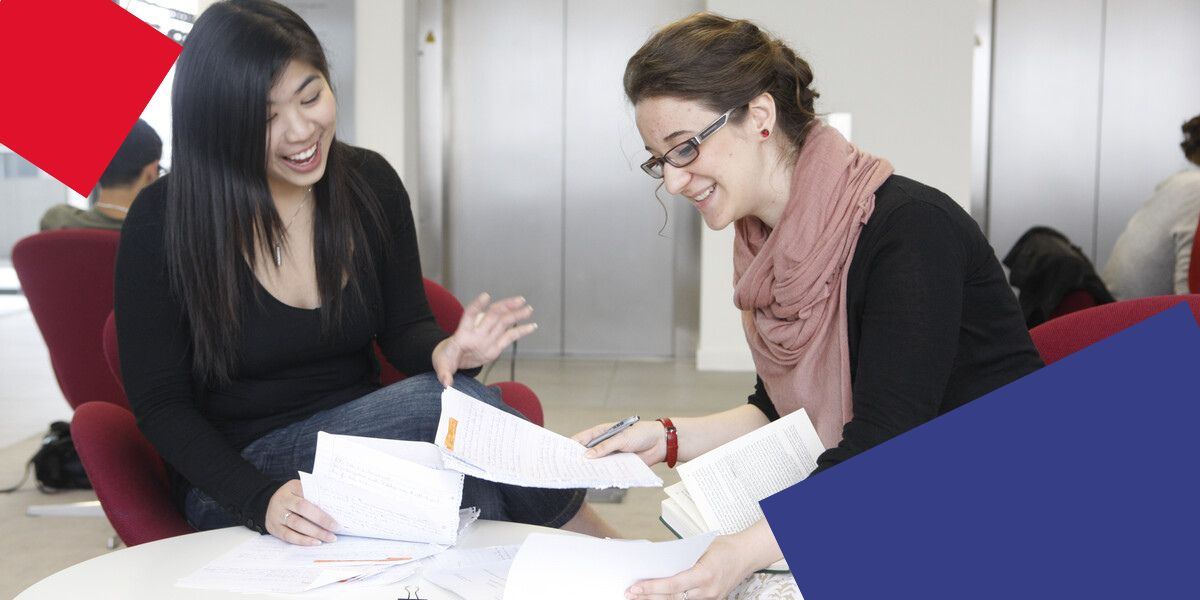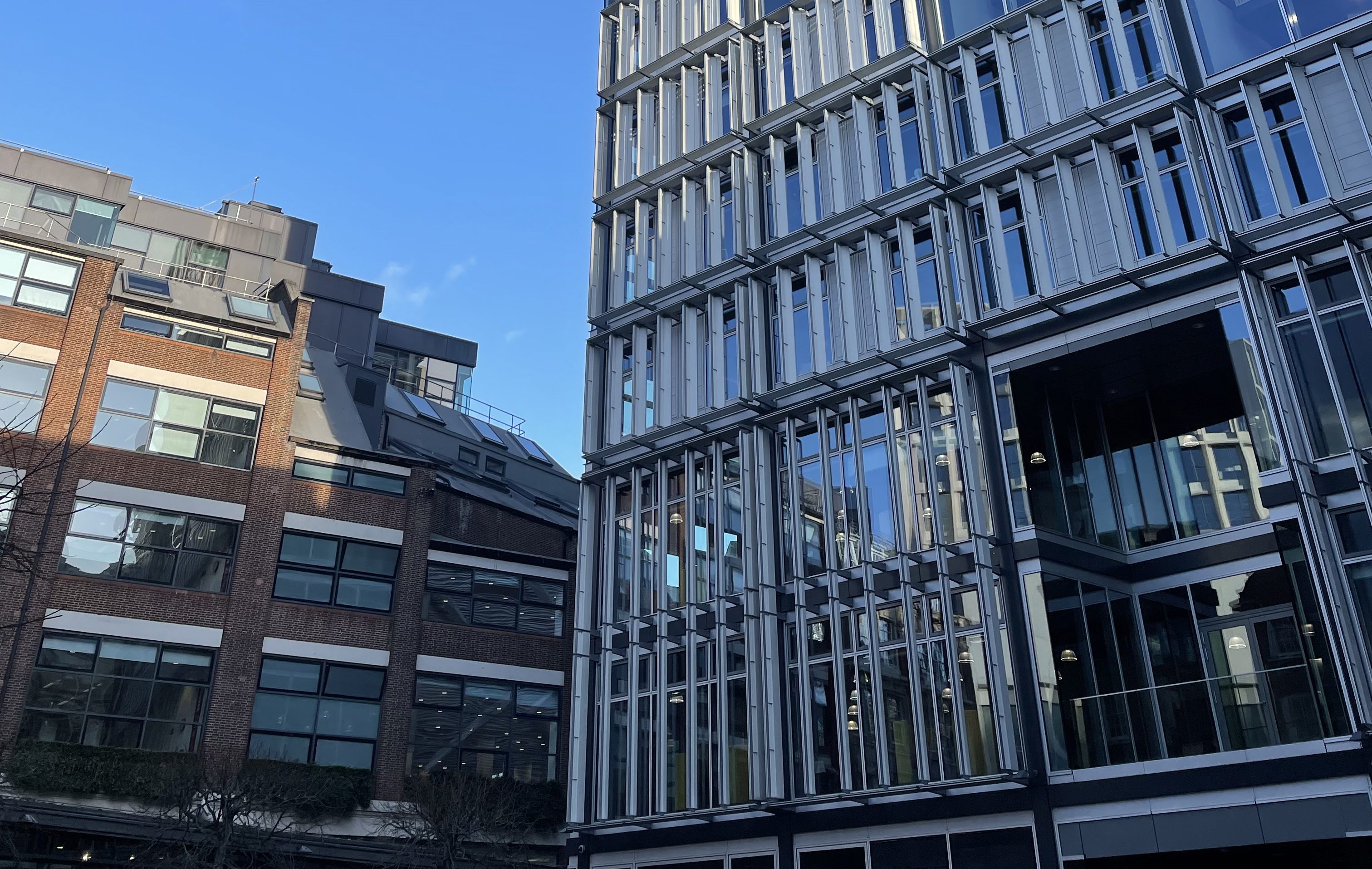As part of your postgraduate application, you’re asked to nominate two referees who can provide academic letters of references for you. Usually, your referees are expected to be members of the academic staff from your previous educational institution.
This is where the scrutiny lies: the selectors for the programme of your choice are going to be interested in knowing how your referees assessed your academic abilities in their classes, and specifically, why they think you’re well suited for the programme at LSE. Therefore, it’s very important to carefully decide who to approach in order to get great letters that enhance your chances of acceptance.
Here’s my suggested checklist to decide who to approach to serve as your academic reference:
1. Relevancy
Ideally, your referee should have taught you a course pertinent to your target postgraduate programme. This ensures their ability to comment on your knowledge and experiences that are relevant to your chosen field of study. Additionally, they can also talk about any noteworthy projects you worked on under their supervision. By highlighting your skillset that is well aligned to your target programme will help evaluators perceive you as a strong candidate.
2. Your Performance
Once acquiring your list of referees which are relevant to your target programme, it’s a good idea to consider your participation and performance in their respective classes. Ask yourself the following questions: “Did I pursue any noteworthy research or academic projects under their supervision?” “Did I excel in their class assessments or actively engage in their lectures?” and “Do they remember me through any extracurricular activities I may have taken up?”
By reflecting on these questions, you can strategically identify those referees that have the ability to put forward the strongest endorsement for you as an academic referee.
3. Be honest
Finally, I suggest approaching your professors with honesty and transparency — clearly mention why you think they are the most effective advocate for your application and why their opinion has a significant role in shaping your academic narrative. Since LSE is a competitive school, request them for a strong letter of reference which will demonstrate your capability to keep up with the challenges of graduate school.
Allow them to have some time to consider your request, and in the meantime, you can work on other parts of your application, such as perfecting your statement of academic purpose.
Advice for reaching out
Initiating contact with your potential referees can seem daunting, but it shouldn’t be! Approach them early so that they can have some time to write your letter before you submit your application. Provide them with some information about the programme you are applying for, its relevance to your current studies, and your goals from the programme. It’s particularly important to convey your earnest motivation for applying to LSE and how you can uniquely contribute to the programme — this will allow them to better understand your future aspirations.
Considering that your professors might not remember all the work you did under them, it’s beneficial to collate a document summarising or listing all your projects, achievements, grades, and extracurricular activities which can remind them about all your experiences and achievements. You could also send them your CV which will give them a quick overview of your academic journey thus far.
You can schedule a meeting with them in person to have a conversation regarding this and request their support through a strong letter of recommendation. Most of your professors will be proud of you for deciding to pursue further studies and would be generally receptive to writing a strong letter of reference for you.
I will conclude by saying that your effort to secure strong academic references will undoubtedly enhance your chances of acceptance to the programme at LSE. Good luck with your application!
Find out more about LSE’s advice on how to supply academic references





